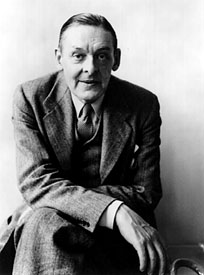I have only just really begun my research into the development of Christianity. I am taking Old and New Testament classes at my university, and I have read only a few books of early Christological views. Christianity is a very controversial topic, and I am absolutely no Biblical scholar; so I tried to be wary of which books I chose to read on the topic. I did not want to read a History Channel-esque embellished Da Vinci Code that claims to be a tell- all into the juicy secrets of Jesus’s life. I just wanted facts, and what evidence we have to back up those facts. Luckily Bart D. Ehrman is widely respected in his field. Many book reviewers before me have praised Ehrman’s credentials; his attributions to scholarship. How Jesus Became God took about eight years to write, and it is packed with information.
The main focus of this book is about the culture that Jesus grew up in, how the gospels were written, and the textual evidence of several groups within the early church. How Jesus Became God is also written for the layman because it explains how historical research is recorded. For example, Ehrman speaks of the methodological principle called the criterion of dissimilarity, which “states that if a tradition about Jesus is dissimilar to what the early Christians would have wanted to say about him, then it more likely is historically accurate”.
I recommend this book to any that are interested in Jesus, and the historical evidence of what’s written in the Bible. I toast this book, as it has shown me just how much more I have to read about Christianity from different ends of each spectrum. Funny how a book filled with so much information can only make me hungry for much more.












